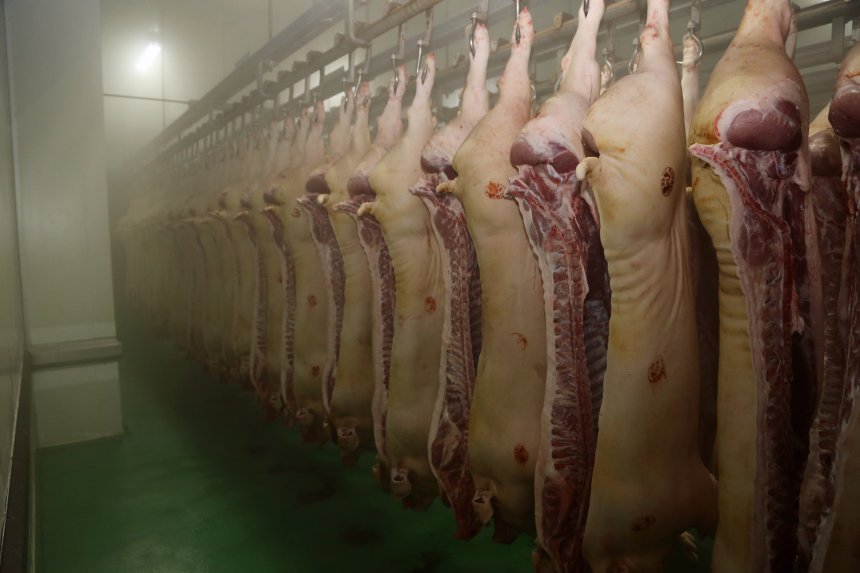
The Rare Breeds Survival Trust has written to the Defra Secretary after he appeared to brush off concerns about the state of the UK's abattoir network.
At the recent Groundswell event, George Eustice suggested there was a broad distribution of abattoirs, even when taking into account that some abattoirs only take certain species.
The RBST's letter counters his comments and invites him to visit a rare breed farmer to hear about the impacts of the decline in the small abattoir network and to discuss a collaborative path forward.
The body's chief executive Christopher Price points to a 2018 analysis by the Sustainable Food Trust which found that the number of small abattoirs had reduced by a third over the previous decade.
Mr Price said native breeds should have a major role in government’s plans for a future for farming where food production goes hand in hand with the environment.
Rare breeds were becoming increasingly attractive commercially too, he said, but the limitations of today’s abattoir network was a frustrating barrier and the situation was getting worse.
He said: "Farmers with rare breeds typically need an abattoir which can work with small numbers and several different species, with ‘slow grown’ cattle over 30 months old and large pigs, with horned cattle returning hides and horns to the farmer, and which has organic certification.
"Too often access to these services now requires the cost and welfare concerns of travelling long distances."
There also needed to be a collaborative approach to tackle these challenges, Mr Price explained, where farmers committed to using local facilities.
Government should also provide one-off investment to help abattoirs meet changing demands, he said, and a roll out of mobile or pop-up abattoirs where necessary.
Mr Price said: "Working together on solutions such as these will only happen if there is recognition from the Secretary of State of the urgent need for better local abattoir provision, and of why this issue matters for the future of sustainable farming."
